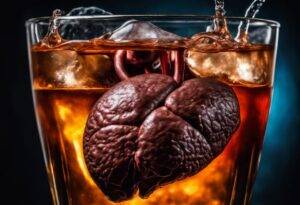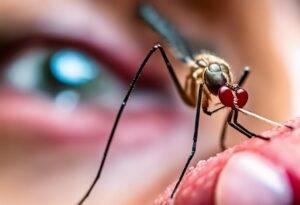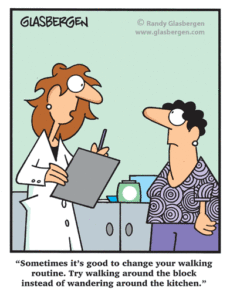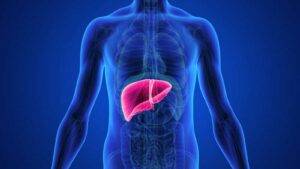Who can resist the mouth-watering aroma of sizzling bacon? It’s an iconic comfort food that has captivated taste buds for generations. However, beneath its delicious facade lies a question worth considering – does bacon pose potential risks to our health? In this blog post, we will dive into scientific studies and medical research to uncover the potential negative impacts of consuming bacon on human health.
Bacon and Health: Unmasking the Sizzling Risks
Just a little heads up: some of the links on this site may be affiliate links, which means if you make a purchase through them, we might get a little kickback. But don’t worry, it won’t cost you a cent extra! Think of it as the universe secretly thanking us for helping you find a great deal. Your support keeps the good vibes flowing.
1. The Saturated Fat Conundrum:
Bacon is notorious for its high saturated fat content, which has been linked to various health issues. Saturated fats can raise levels of LDL cholesterol, often dubbed the “bad” cholesterol, increasing the risk of heart disease and stroke. Research from the American Heart Association (AHA) suggests that reducing saturated fat intake can significantly lower the incidence of cardiovascular disease.
2. Elevated Risk of Heart Disease:
Numerous studies, including a comprehensive analysis published in the Journal of the American College of Cardiology, have associated the consumption of processed meats, including bacon, with an increased risk of heart disease. The high sodium content in bacon can further contribute to hypertension, a significant risk factor for heart-related issues.
3. The Nitrite and Nitrate Dilemma:
One of the concerning aspects of bacon is the presence of nitrites and nitrates, compounds used in curing and preserving processed meats. While nitrites give bacon its distinctive pink color and add flavor, research suggests that they can also form potentially harmful substances called nitrosamines. These compounds have been linked to an increased risk of certain cancers, particularly colorectal cancer.
4. Connection to Colorectal Cancer:
Research conducted by the International Agency for Research on Cancer has classified processed meats as Group 1 carcinogens, meaning they have sufficient evidence of being carcinogenic to humans. Regular consumption of bacon and other processed meats has been associated with an increased risk of colorectal cancer. The World Cancer Research Fund recommends limiting processed meat intake to reduce this risk.
5. Case Studies: Real-Life Consequences:
To illustrate the potential consequences of long-term bacon consumption, let’s take a brief look at a few real-life case studies. A study published in the American Journal of Clinical Nutrition examined the dietary patterns of over 72,000 women. The researchers found that those who consumed higher amounts of processed meats, such as bacon, had a higher risk of developing heart disease.
6. Finding Healthy Alternatives:
If you’re keen on maintaining a bacon-like indulgence without the same health risks, consider exploring some healthier alternatives. Turkey bacon and Canadian bacon are lower in fat and sodium compared to traditional bacon. Plant-based alternatives, such as tempeh or coconut bacon, offer a tasty substitute for those avoiding meat but still craving that smoky flavor.
Sources:
1. American Heart Association – “Saturated Fats”:
https://www.heart.org/en/healthy-living/healthy-eating/eat-smart/fats/saturated-fats
2. Journal of the American College of Cardiology – “Processed and Unprocessed Red Meat Consumption and Risk of Heart Failure: A Prospective Study of Men”:
https://www.sciencedirect.com/science/article/pii/S0735109710071168
3. World Cancer Research Fund – “Colorectal Cancer Statistics”:
https://www.wcrf.org/dietandcancer/cancers/colorectal-cancer
4. American Journal of Clinical Nutrition – “Dietary patterns and the risk of coronary heart disease in women”:
https://academic.oup.com/ajcn/article/84/2/274/4633007
5. International Agency for Research on Cancer – “IARC Monographs on the Evaluation of Carcinogenic Risks to Humans – Red Meat and Processed Meat”:
https://monographs.iarc.fr/wp-content/uploads/2018/06/mono114-10.pdf
bacon, health risks, saturated fat, heart disease, stroke, cancer, nitrites, nitrates, processed meats, alternatives, case studies, healthy choices, dietary decisions

Just a little heads up: some of the links on this site may be affiliate links, which means if you make a purchase through them, we might get a little kickback. But don’t worry, it won’t cost you a cent extra! Think of it as the universe secretly thanking us for helping you find a great deal. Your support keeps the good vibes flowing.

































































































